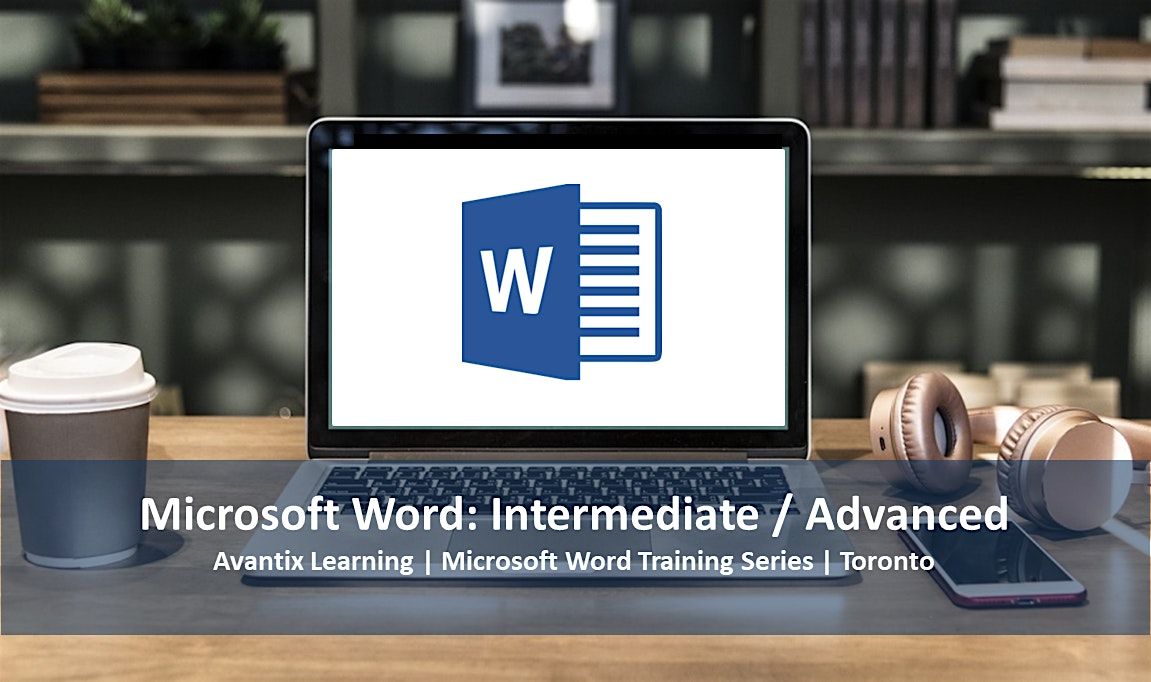The Battle of the River Went (15th November 655) - with Dr Sam Newton FSA
Schedule
Fri Nov 15 2024 at 10:15 am to 03:00 pm
UTC+00:00Location
Online | Online, 0

About this Event
Title-picture above: The battle as described in the Peterborough manuscript of the Anglo-Saxon Chronicle (edition & translation ©Dr Sam Newton 2024), with the flooded valley of the River Went and Went Hill in the background (©Dr Sam Newton 7th September 2008).
The Battle of the River Went (15th November 655) - an online 1369th anniversary study-day with Dr Sam Newton FSA
As several scholars have demonstrated, this battle was probably fought at the point where the main Roman road that ran between Castleford and Doncaster crosses the River Winwæd, now the Went, a tributary of the Don.
Here on 15th November 655, with the help of the weather, the river being in full flood, King Oswy of Northumbria defeated and killed King Penda of Mercia, the last of the old pagan warlords, and his many allies, including Æthelhere of East Anglia, a nephew of King Rædwald. We shall consider the wars that led to this battle and how it was that the Wuffing king Æthelhere had become an ally of Penda even though the latter had been responsible for the deaths of two of his brothers, Æthelric/Ecgric and Anna, and his cousin Sigeberht.
We also shall look at the landscape location of the battle, its implications for our understanding of the Staffordshire Hoard, and its significance in enabling the consolidation of Christianity in England during the more peaceful times that followed.
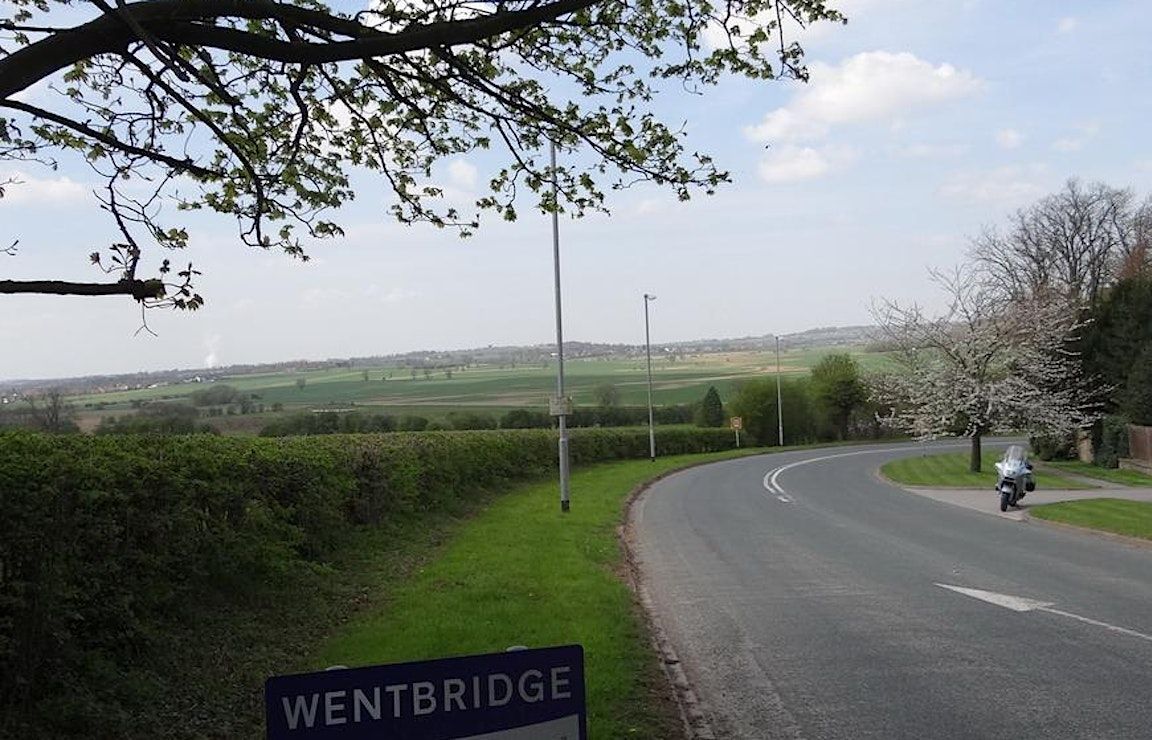
Above: Looking north-west from Wentbridge towards the Roman road crossing of the River Went in the left-middle distance ©Dr Sam Newton 2nd May 2013).
Below: Lords and Ladies of the Wuffings of East Anglia, showing Æthelhere's place in the family (©Dr Sam Newton 2022)
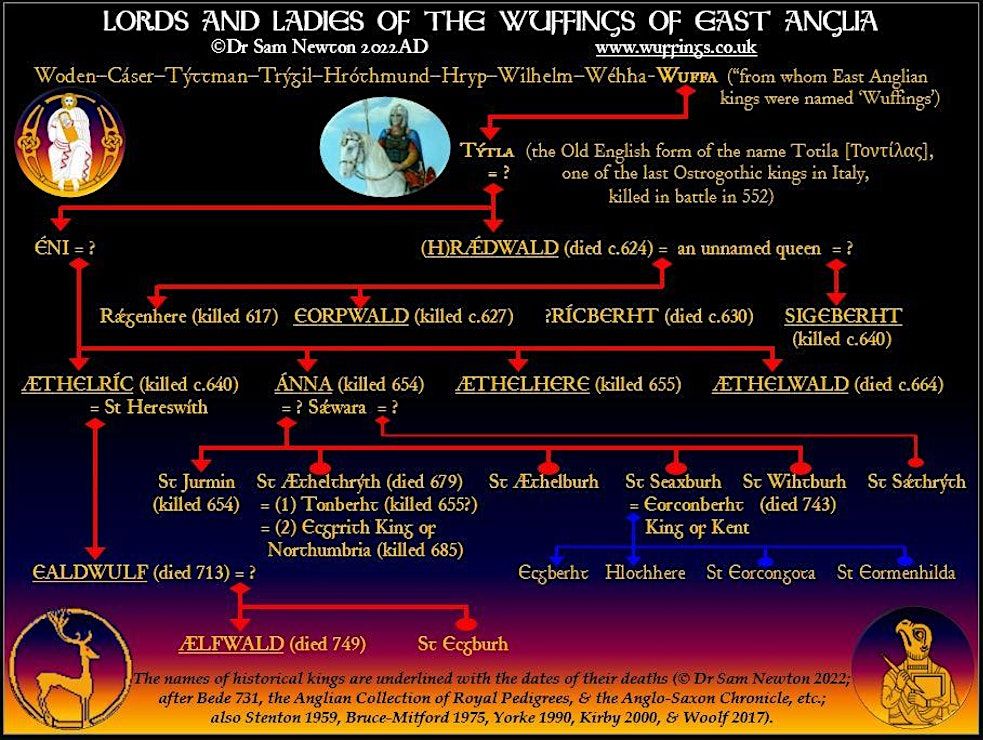
Provisional Timetable
10.15–11.15: East Anglia, Mercia, and Northumbria in the First Half of the Seventh Century.
11.15-11.45: coffee break
11-45-12.45: The Battle of the River Winwæd (15th November 655).
12.45-13.45: lunch break
13.45-c.15.00: The Aftermath of the Battle of the River Winwæd and the Staffordshire Hoard.
Below: The valley of the River Went in flood - looking west from Wentbridge towards the Roman road crossing (© Sam Newton 7th September 2008).
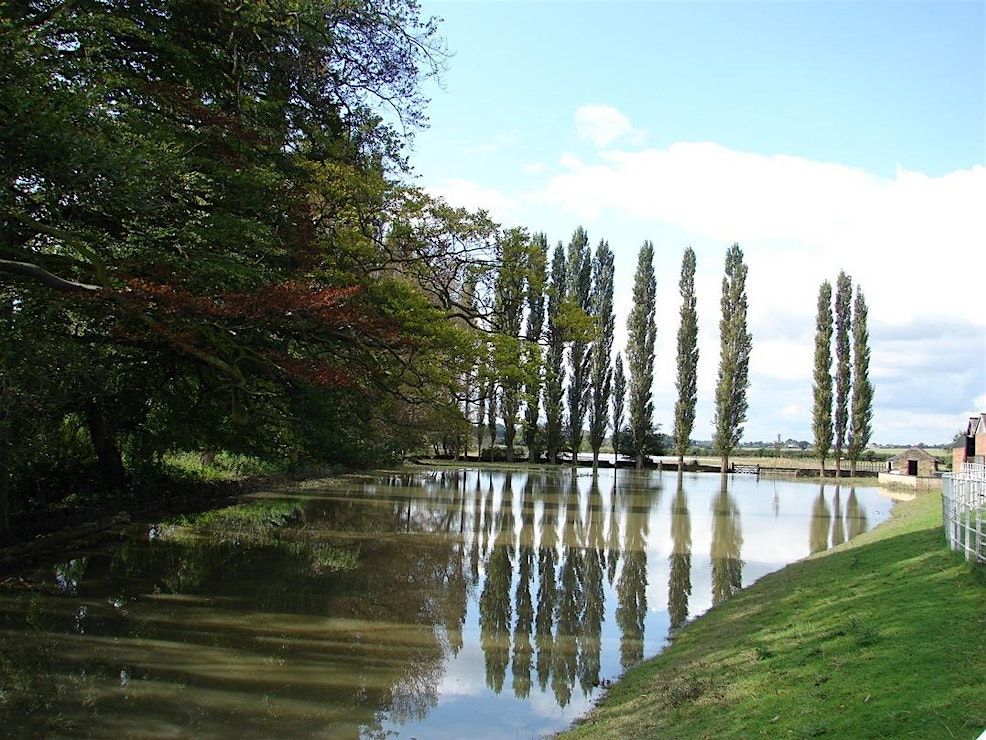
About Dr Sam Newton FSA
Sam Newton was awarded his Ph.D at the University of East Anglia in 1991. He published his first book, The Origins of Beowulf and the pre-Viking Kingdom of East Anglia, in 1993, and his second, The Reckoning of King Rædwald, in 2003. He has also published several papers, some of which are available on his website or on Academia.
He has lectured widely around the country and abroad for over thirty years and has contributed to many radio and television programmes, especially Time Team (now back in business as Time Team Digital). He is Director of Wuffing Education and a Fellow of the Society of Antiquaries.
Some Suggestions for Optional Background Reading
- Breeze, A., British Battles 493-937 - Mount Badon to Brunanburh (Anthem Press 2021).
- Dunshea, P., "The road to Winwæd? Penda’s wars against Oswiu of Bernicia, c. 642 to c. 655", Anglo-Saxon England 44 (2016), pp.1-16.
- Fern, C., & G. Speake, Beasts, Birds, and Gods: Interpreting the Staffordshire Hoard (West Midlands History Ltd 2014).
- Fern, C., Dickinson, T., & Webster, L., The Staffordshire Hoard: An Anglo-Saxon Treasure, Research Report of the Society of Antiquaries of London (London 2019) - see also https://www.staffordshirehoard.org.uk/ .
- Higham, N., An English Empire: Bede and the Early Anglo-Saxon Kings (Manchester 1995).
- Higham, N., The Convert Kings: Power and Religious Affiliation in Early Anglo-Saxon England (Manchester 1997).
- Kirby, D.P., The Earliest English Kings (London 1991).
- Plunkett, S., Suffolk in Anglo-Saxon Times (Stroud 2005).
- Prestwich, J., "King Æthelhere and the battle of the Winwæd", English Historical Review 83 (1968), pp.89-95.
- Webster, L., & J. Backhouse, The Making of England: Anglo-Saxon Art and Culture AD 600-900 (British Museum 1991).
- Yorke, B., Kings and Kingdoms in Early Anglo-Saxon England (Seaby 1990).
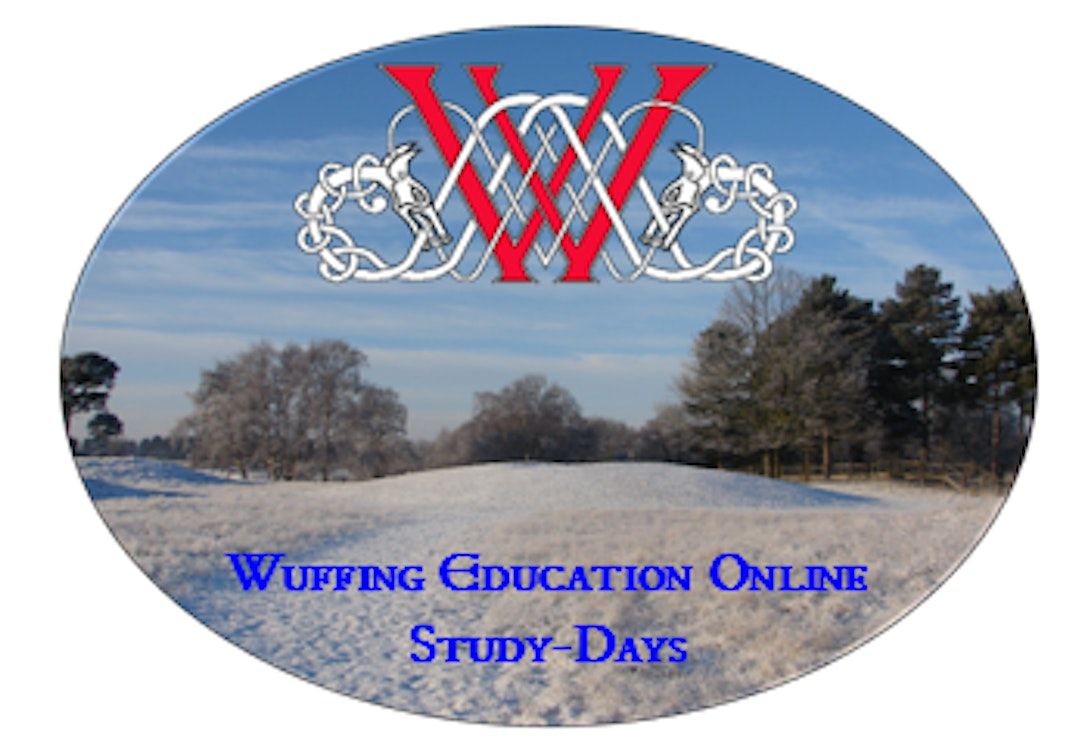
What happens next:
When you book tickets, it is essential that you open an account for yourself on Eventbrite at the same time (if you haven't already done so). Do not book via the anonymous 'guest account' option.
This is because of the way in which Eventbrite works with Zoom - without an account, it won't let you sign in to join the study-day on Zoom.
After booking you will receive a confirmation email. The essential Zoom link will follow on the morning of the study-day.
It's a good idea to have set up and tested your Zoom configuration well in advance and be aware of how to use the controls. There is guidance and a test link here. Please also check for updates to both Zoom and Eventbrite.
If you would like to keep informed about Wuffing Education study-days, click on the 'Follow' button in Eventbrite Wuffing page to hear details about our events as soon as they are published.
And you can click here to receive our occasional despatches about forthcoming events with Wuffing Education.
Where is it happening?
OnlineGBP 30.00 to GBP 45.00




















